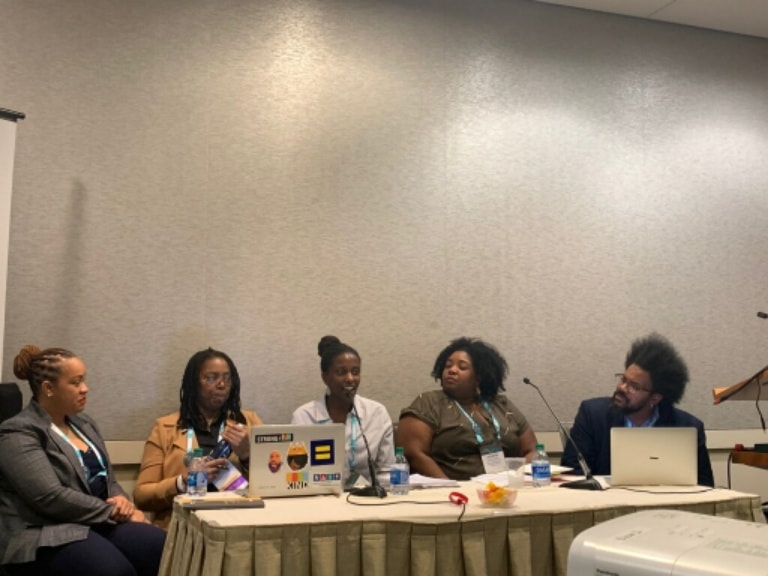In reading the New Testament book of Matthew today on the birth of Jesus Christ, many Christians proclaim a desire to live a life of Christ. In reading Matthew, here in the Christmas season, it is clear that Jesus was seeking refuge from King Herod, in regions that made him an undocumented brown person. I just read a study on the number of evangelical Christians who favor Trump because he will keep folks out and deport others. Ephesians 2:14, “For He Himself is our peace, who has made the two one and has torn down the dividing wall of hostility”. Would you deport Jesus? Preachers — be radical this Christmas and take your church to the next level and aim to bring radicals to the pew. Be like Christ here. The 21st century church must disavow its complacency and promulgate equality through radical preachers with radical members who love people more than capitalism and party idolatry, and who will subscribe to what Psalm 82: 3-4 notes: “Give justice to the weak and the fatherless; maintain the right of the afflicted and the destitute. Rescue the weak and the needy; deliver them from the hand of the wicked.” Churches must be diverse and inclusive—as well as radical in how they love the marginalized.
In the Gospel according to Mary Brown and her child Joshua, who represents one of W.E.B. Du Bois’s Black biblical characters, he found comfort among those who were societal outcasts. He, who was [the Black] Jesus Christ, marched with the poor, with sinners, and communists; however, whites did not embrace this Christ. Better yet, the white South lynched this Christ because they could not accept a Christ who accepted all people (Blacks, undocumented, gay, transgender, poor in need, etc). Because of this, the very people who awaited him – the Christian South, killed Joshua. His message of radical love was too much for them to embrace. Thus, many navigated their days professing to love a process and not a mission.
Jesus—a radical who sought to destroy white supremacy— tore down the rules of Jim Crow that existed in his age, and in 20th century Jim Crow, and today—but who is one who continues to be used as a symbol by white supremacists who dismiss his message of radical love.
Christmas is only as great as people who can love their Black and brown brothas and sistas. Who love their trans neighbors, and those willing to denounce the bigots of systems that operate in churches and institutions throughout.
It is my wish that the 21st century church will love to love as Christ loved—in a radical capacity.
Merry Christmas.
In the Gospel according to Mary Brown and her child Joshua, who represents one of W.E.B. Du Bois’s Black biblical characters, he found comfort among those who were societal outcasts. He, who was [the Black] Jesus Christ, marched with the poor, with sinners, and communists; however, whites did not embrace this Christ. Better yet, the white South lynched this Christ because they could not accept a Christ who accepted all people (Blacks, undocumented, gay, transgender, poor in need, etc). Because of this, the very people who awaited him – the Christian South, killed Joshua. His message of radical love was too much for them to embrace. Thus, many navigated their days professing to love a process and not a mission.
Jesus—a radical who sought to destroy white supremacy— tore down the rules of Jim Crow that existed in his age, and in 20th century Jim Crow, and today—but who is one who continues to be used as a symbol by white supremacists who dismiss his message of radical love.
Christmas is only as great as people who can love their Black and brown brothas and sistas. Who love their trans neighbors, and those willing to denounce the bigots of systems that operate in churches and institutions throughout.
It is my wish that the 21st century church will love to love as Christ loved—in a radical capacity.
Merry Christmas.

 RSS Feed
RSS Feed